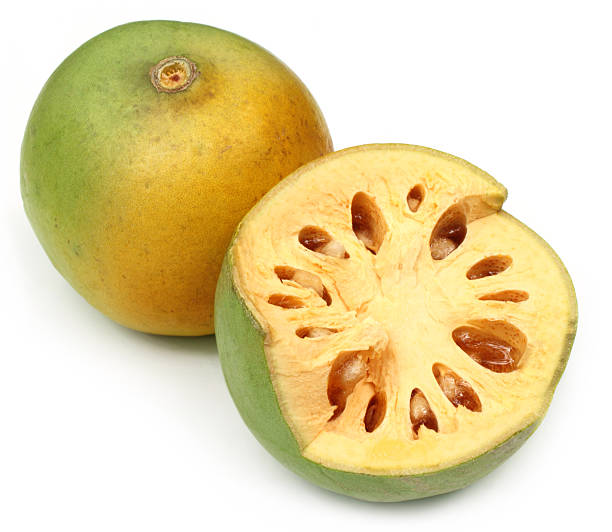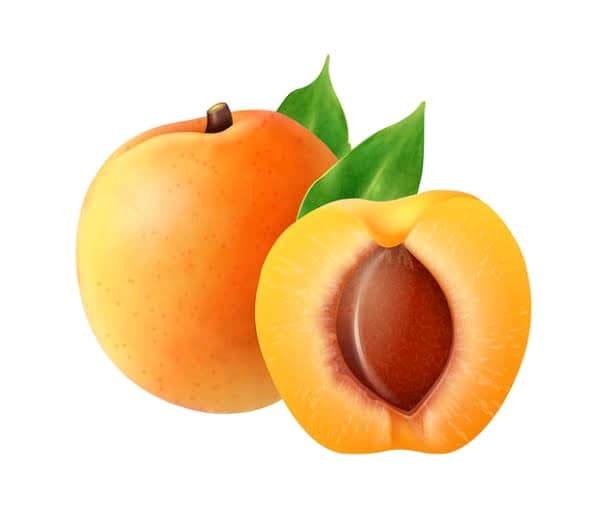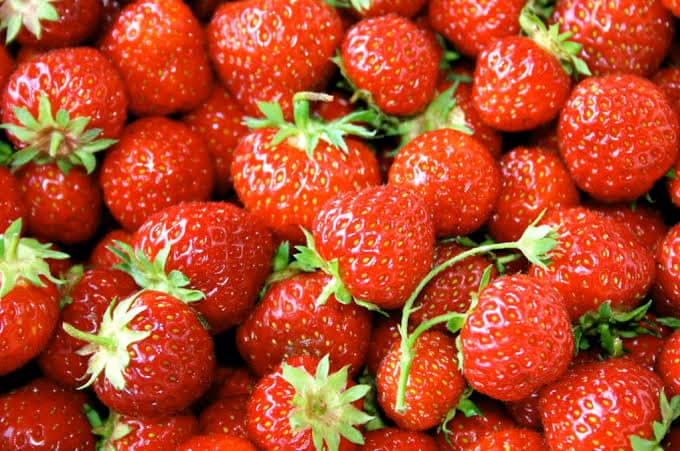Bael fruit, scientifically known as Aegle marmelos, is a tropical fruit that not only holds cultural significance but also boasts an impressive array of nutritional benefits. Widely cultivated in parts of Asia, including India, the bael fruit has been valued for centuries for its medicinal properties and its rich nutritional profile.
One of the notable features of bael fruit is its high content of dietary fiber. Fiber is essential for digestive health, aiding in regular bowel movements and preventing constipation. Including bael fruit in one’s diet contributes to a healthy gastrointestinal system, supporting overall well-being.
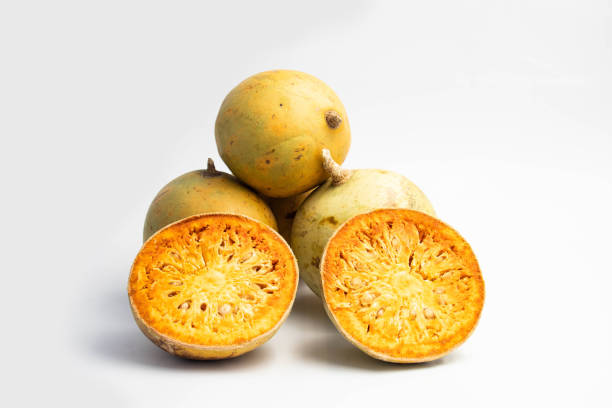
Bael fruit is also a good source of essential vitamins and minerals. It contains vitamin C, an antioxidant that helps protect cells from damage, boosts the immune system, and promotes skin health. Additionally, bael fruit provides significant amounts of vitamin A, which is essential for vision, immune function, and skin integrity.
Moreover, bael fruit contains various minerals, including potassium, magnesium, and calcium. Potassium plays a crucial role in maintaining proper fluid balance, supporting heart health, and regulating blood pressure. Magnesium is essential for muscle and nerve function, while calcium contributes to bone health. The combination of these minerals makes bael fruit a valuable addition to a balanced diet.
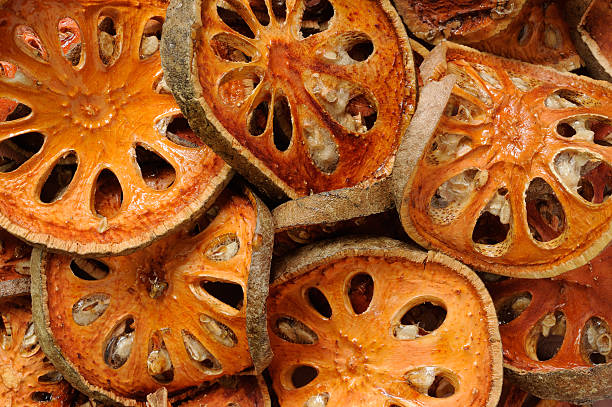
Beyond its nutritional content, bael fruit is known for its medicinal properties. It has been traditionally used in Ayurvedic medicine for its potential to alleviate digestive issues, including indigestion and diarrhea. The fruit’s antimicrobial properties are believed to help combat infections, contributing to overall health.
Bael fruit also contains bioactive compounds such as flavonoids and alkaloids, which may have antioxidant and anti-inflammatory properties. These compounds contribute to the potential health benefits of bael fruit and make it a valuable inclusion in a diverse and nutrient-rich diet.

In some cultures, bael fruit is consumed in the form of juice or tea, further enhancing its nutritional benefits. The natural sugars in the fruit provide a sweet taste without the need for added sugars, making it a healthier alternative to sugary beverages.
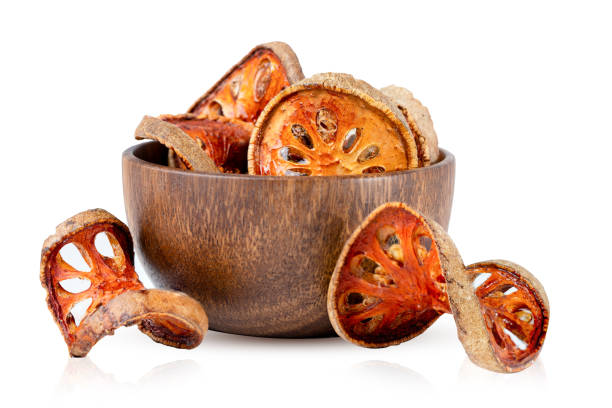
In conclusion, bael fruit offers a combination of dietary fiber, vitamins, minerals, and bioactive compounds, making it a nutritious and versatile fruit. Whether consumed fresh, juiced, or used in traditional remedies, bael fruit stands out for its potential to support digestive health, boost the immune system, and contribute to overall well-being. Including this tropical gem in a well-balanced diet adds both flavor and nutrition to the table.

